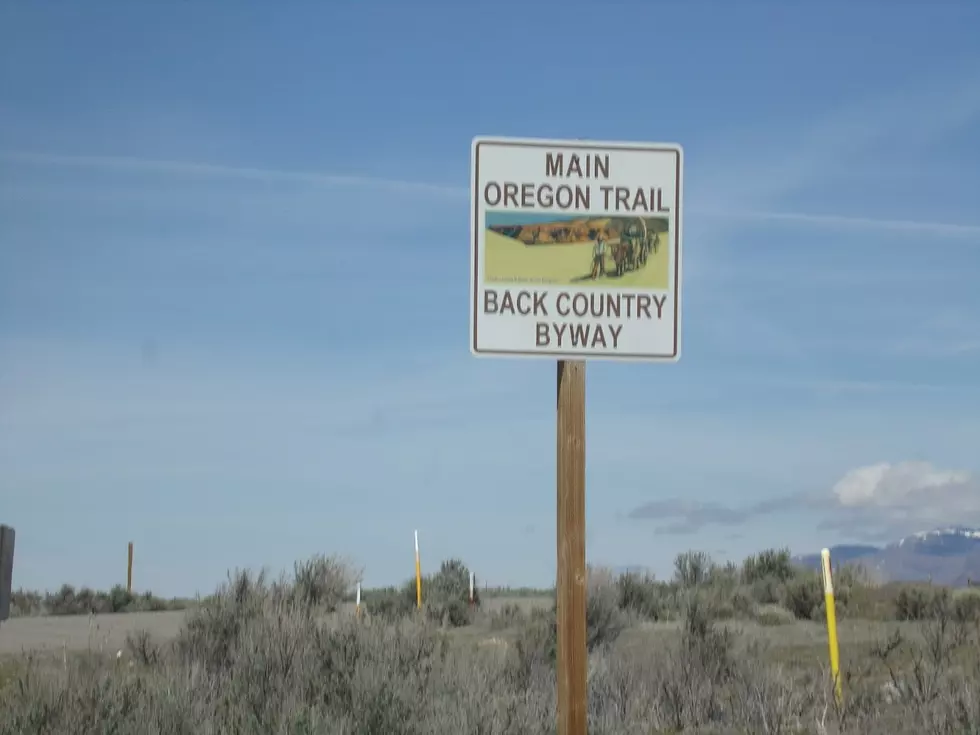
Two Idaho Neighbors Consider Electric Car Mileage Tax
Why not just put a chip under your skin? Then government can track you whenever it needs your whereabouts. You may recall a few weeks ago I wrote about a test project for a mileage tax. It was buried in the 1.2 trillion dollar spending plan passed by the U.S. Senate. Idaho’s two Republican Senators were among 19 GOP members of the upper chamber who voted with majority Democrats.
I saw a lot of objections from civil libertarians. They believe government already knows too much about your travels.
In the latest twist in mileage taxes, Utah and Oregon are considering having volunteers be metered while driving. This would apply (initially) to electric vehicles. Currently, a Tesla doesn’t pay gasoline taxes. According to this link, it’s causing a drop in revenue in two neighboring states. I’m surprised there are that many EVs on the road in those places. Or perhaps governments are simply projecting revenue loses into the future.
When I posted the story to my personal Facebook page, I saw a lot of objections from civil libertarians. They believe government already knows too much about your travels. Your smartphone pings towers all along highways you travel. Stop and use a debit card for coffee and you leave behind an electronic trail. Tracking EVs only adds to your ever growing digital footprint.
Cheer up, though. The Democrats latest spending binge will almost double your credit for buying an EV, which is currently at $7,500. If the rebate is more important than privacy, then have at it!
Even with the discount, most Americans can’t afford many electric models. I guess we’ll just have to take up walking or riding horseback. Like our predecessors did.
LOOK: See the iconic cars that debuted the year you were born
LOOK: Things from the year you were born that don't exist anymore
LOOK: The most expensive weather and climate disasters in recent decades
50 Famous Brands That No Longer Exist
More From 98.3 The Snake









